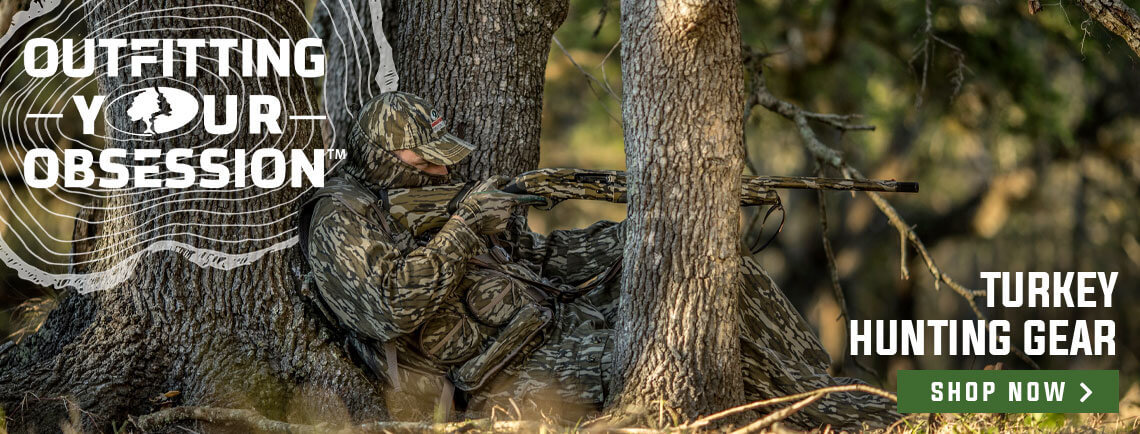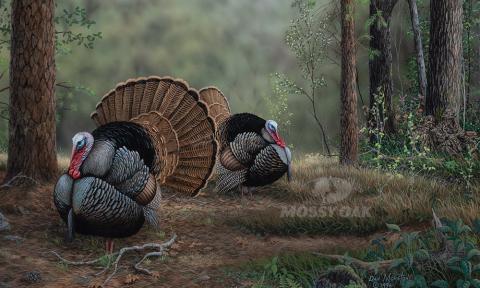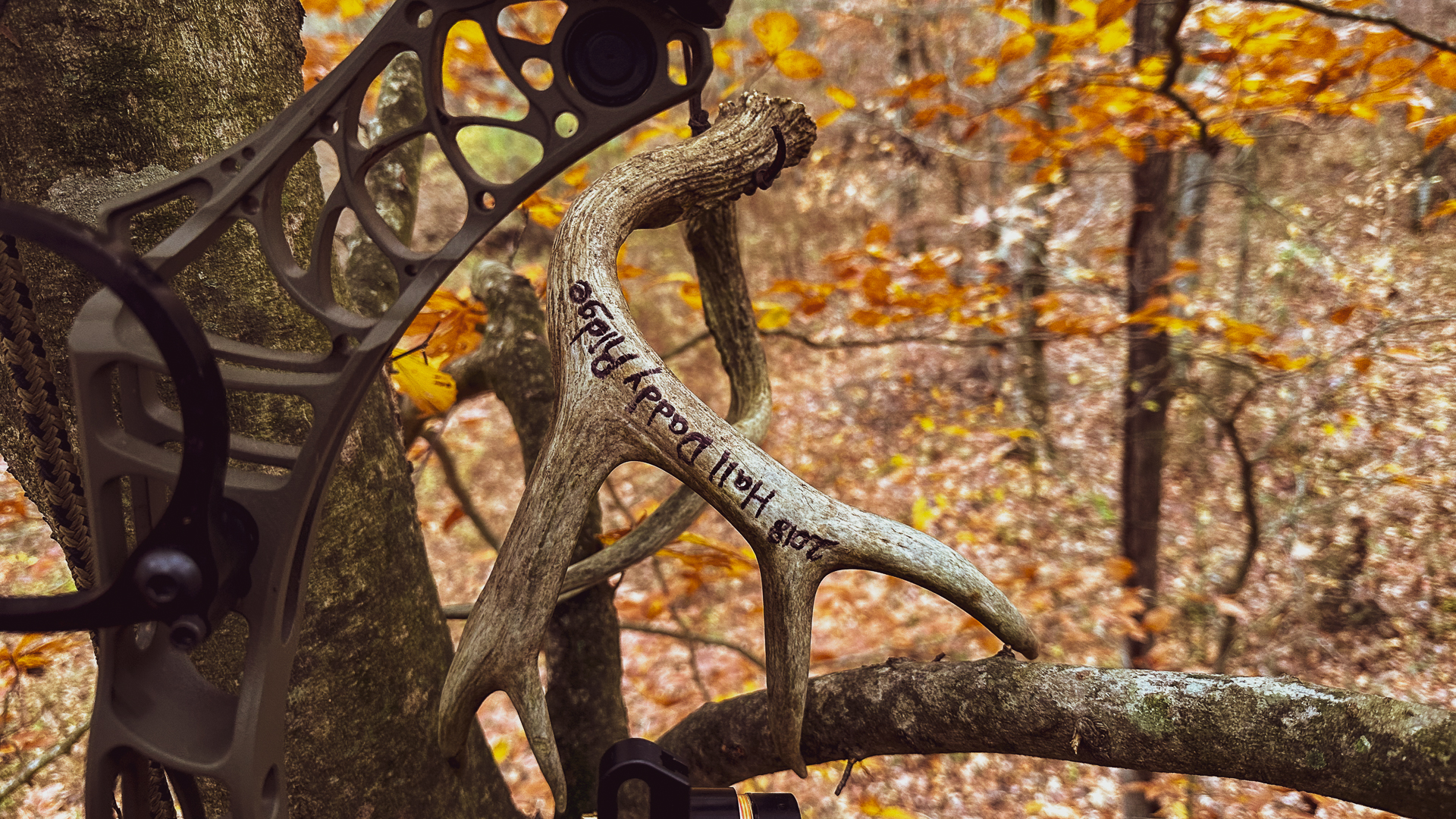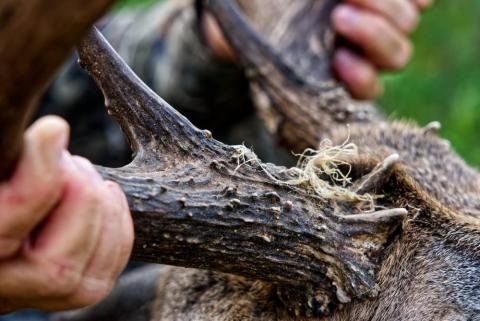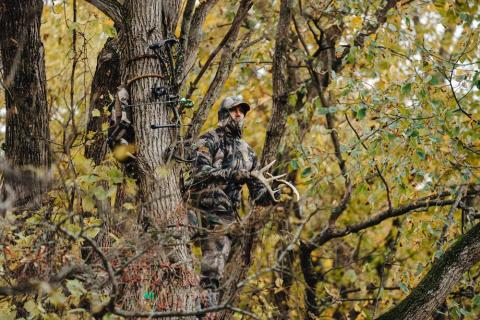Heath Wood
After a solid first week of the spring turkey season, I went into the weekend with a forecast of unseasonably cold temperatures and a higher-than-average wind speed.
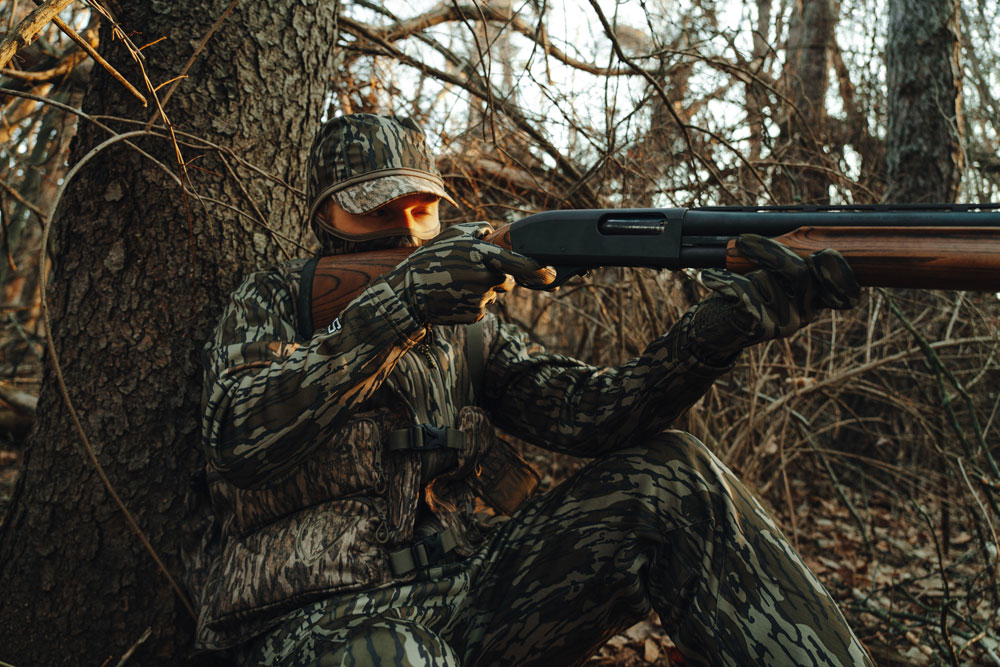
On the sixth morning in a row of waking up at 4 a.m., it would have been easy to pull the covers over my head, go back to sleep and head out for a midday hunt. Not only was I tired, I knew the weather conditions were going to be less than ideal. My enthusiasm for the morning was lower than usual, and I was trying to find excuses for why I should not go hunting.
That morning two things pulled me out of bed: the plans I had made to hunt with a good friend and the fact that I had two unfilled turkey tags in my pocket. With the wind blowing and the temperatures in the low 30s, we made our way down a wooded fence row that typically was in an area that turkeys roosted. As we made it into the region where we had planned to hunt, we had yet to hear our first gobble. After using an owl call, we continued to have no luck of a gobbler answering us.
We elected to sit down on the fence row with no located turkeys found and make a few calls in hopes of a gobbler getting fired up. After ten minutes of silence, except for the howling of the high winds, I was shocked to pick out two gobblers who were roosted in the same tree approximately 100 yards through the timber. The two gobblers had never made a sound all morning, so I was surprised when my eyes adjusted to the low light to see them roosted.
After calling periodically with no response, it was now 7:40 a.m., and the two toms were still on the roost after a solid hour of daylight. Finally, the first gobbler leaned forward and pitched off onto the ground, followed by the second tom. With my diaphragm call still in the side of my mouth, I made two soft yelps. The two toms walked directly towards my buddy and me as if they were on a string. They were a mere 20 yards when they reached the fence row where we were sitting. The only problem was that I was the only one who could shoot from where they entered the fence row. After shooting the first tom, the other ran down the fence and then out of sight. The entire occurrence left my friend and me wondering why they had never made a sound and what had just happened.
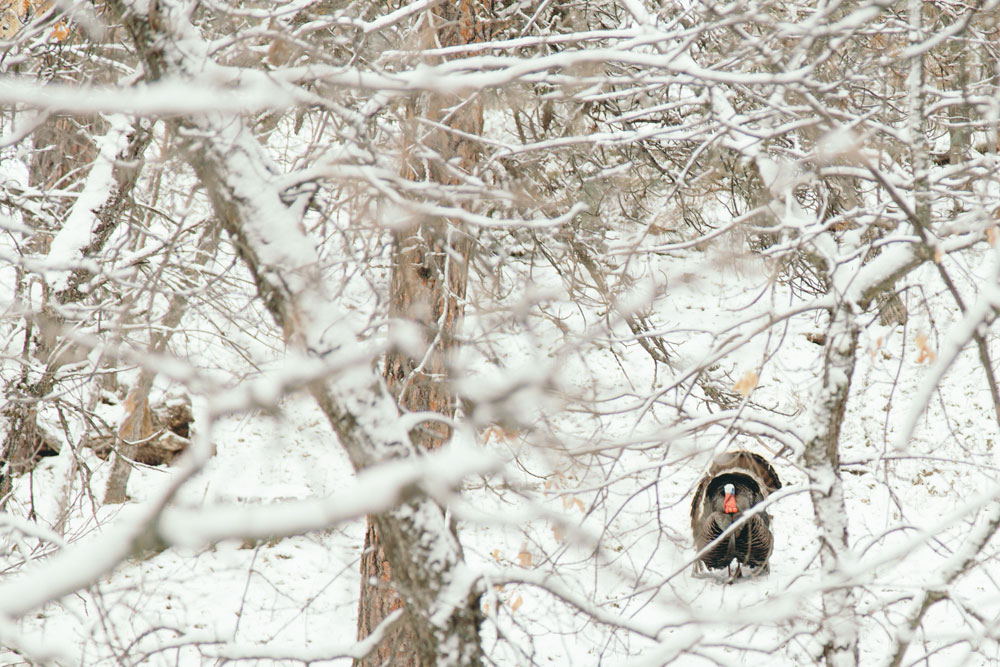
You must go hunting if you want to harvest a turkey. Hunting turkeys in bad weather can have several different meanings. Windy and cold days like my friend and I experienced can be considered bad weather. Often the spring season can have multiple days of rain forecasted. Hunting in the Midwest, mainly in Missouri, you never really know what the weather will entail; I have even hunted turkeys in the snow during April. No matter what the weather conditions may be, I know the spring season only lasts a few weeks of the year, then you are left waiting for another 365 days to do it all over again. Whatever the forecast may be, one thing is required to harvest a bad weather gobbler: patience.
Cold And Windy Days
When the temperatures are cold and windy, a spring gobbler is no different from humans; they are a little slower getting out of bed. I think a turkey knows that it is a battle to fight the wind and stay warm after they fly down. It is common for gobblers to stay on the roost for an extended period, as with my hunt. Even when it is their breeding season, they lose their ambition and stay on the roost where they have been relaxing all night. S
taying on the topic of the breeding season, hens are another reason for a slow start when the weather is cold and windy. When temperatures are colder, hens often stay on their nest to keep their eggs warmer, and it is probably warmer for them to stay there as well. Fewer hens out wandering around means less activity for the gobblers to encounter, thus being the reason behind breeding activities being slower when the weather is terrible.
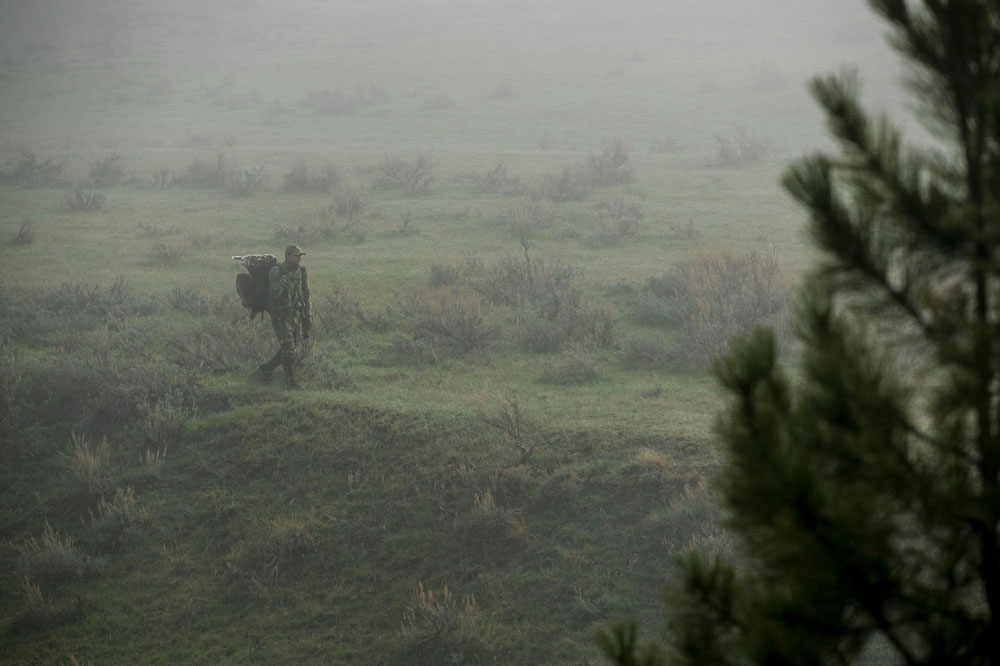
The key to lousy weather hunting is not to let it deter you. Instead, use it to your advantage. It may take more time, yet gobblers will respond to calling. When hens are on the nest, gobblers get lonely. When hunting in colder, damp weather, it is vital to dress the part. You must face the elements and stay in the woods to harvest turkeys. Wear a warmer garment such as the new Blocker Outdoors Silentec jacket and pants in Bottomland. Garments such as Silentec keep you warm and comfortable when waiting out a slow-moving gobbler. Plus, the soft outer layer keeps you quiet when turkeys are in close range, which is a must when spring turkey hunting. Outlasting mother nature's elements means you will be ready whenever a gobbler decides he is ready to play.
Foggy And Rainy Days
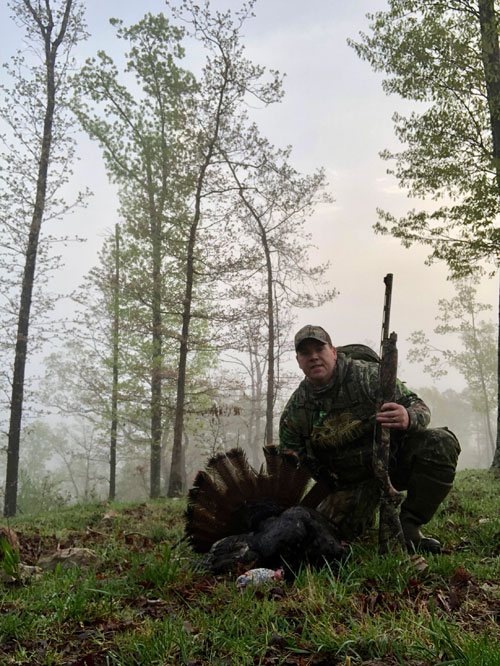
As with cold and windy days, it is vital to dress appropriately and continue to hunt when the weather deals you a foggy or rainy hand. Wearing quality rain gear such as the Blocker Outdoors Shield Series Drencher jacket or pants, when facing the elements allows the hunter to be ready seconds after the weather breaks.
When the weather turns foggy or rainy, turkeys head to open areas such as fields. The instinct to move to a vast open space is because a turkey's feathers become heavier when wet, making it harder to escape predators or danger. The constant movement of raindrops or the low visibility of fog is another reason turkeys stay in open areas. Turkeys can see predators coming from long distances, and they have time to get away if predators approach. As mentioned, the best tactic is the waiting game. Turkeys may not be in the broad open areas first thing in the morning; however, they will likely arrive sooner than later and spend most of their time in these expanses until the weather breaks. Hunters can rely on quality rain gear or the inside of a ground blind while sitting near fields or open areas waiting on the weather to clear.
Many veteran hunters will agree that once the fog clears or the rain stops, it is as if someone flipped a switch. Gobblers can go from silent to frequently gobbling in a few short moments. The key is to be in position, waiting when it does.

